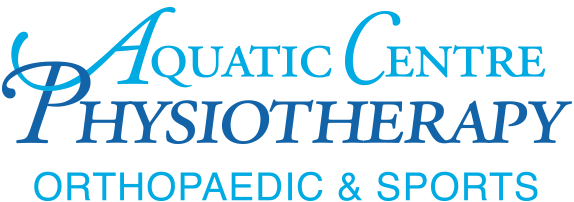
23 Mar 2023
Unlock the Potential of Food – Fueling Your Recovery from Injury
March is National Nutrition Month and this year’s theme is Unlock the Potential of Food. Nourishing your body with quality food is a key component of a long, healthy life! But, did you know that nutrition can also have a big impact during your recovery from injury?
How eating well impacts your recovery from injury.
Healthy, balanced eating habits can help to promote healing, reduce inflammation, and prevent further damage during your recovery. In this blog post, we’ll explore the importance of nutrition for injury recovery and provide some tips on how to ensure that you’re giving your body the best chance to heal.
Tip #1: Include some protein in most meals.
One of the most important nutrients for injury recovery is protein. Protein is essential for building and repairing tissues, and it’s particularly important for muscle recovery. After an injury, the body needs more protein to repair the damaged tissues. Eating a diet rich in protein can help to promote healing and prevent muscle loss.
Good sources of protein include lean meats, fish, poultry, eggs, beans, and legumes. Aim for about 0.8 g protein per kg of bodyweight. If you’re not able to eat enough protein through your diet, consider adding a protein supplement to your routine.
Tip #2: Embrace Anti-Inflammatory Foods
Inflammation is a natural part of the body’s healing process. However, chronic inflammation can actually hinder the healing process and lead to further damage. Eating a diet rich in anti-inflammatory foods can help to reduce inflammation and promote healing.
Some of the best anti-inflammatory foods include fruits and vegetables, whole grains, nuts, seeds, and fatty fish. These foods are rich in antioxidants and other nutrients that can help to reduce inflammation.
Tip #3: Eat your Vs and Ms
Vitamins and minerals are essential for a healthy immune system, and they can also play a role in injury recovery. Vitamin C, for example, is important for collagen production, which is essential for the healing of bones, tendons, and ligaments. Vitamin D is important for bone health, and it can also help to reduce inflammation.
Good sources of vitamins and minerals include fruits, vegetables, whole grains, nuts, seeds, and lean meats. As we head into spring, make sure you spend at least 10 minutes a day in the sun to get your daily dose of Vitamin D. If you’re not able to get enough vitamins and minerals through your diet, consider taking a multivitamin or supplement.
Tip #4: Stay Hydrated
Staying hydrated is essential for injury recovery. Water helps to transport nutrients and oxygen to the injured tissues, and it can also help to flush out toxins and waste products. Dehydration can slow down the healing process and even lead to further damage.
Make sure to drink plenty of water throughout the day, especially if you’re exercising or sweating. If you’re not a fan of plain water, consider adding some fruit or herbs to infuse it with flavor. Fruits, soups, and other foods high in water content are also a good option.
Proper nutrition is essential for injury recovery. Eating a diet rich in protein, anti-inflammatory foods, vitamins, and minerals can help to promote healing and reduce inflammation. Staying hydrated is also important for transporting nutrients to the injured tissues. By focusing on nutrition, you can give your body the best chance to heal and recover from injury.
More resources:
Canada’s Food Guide – for general information about healthy eating practices.
Dietitians Canada – for information on a broad range of nutrition-related topics and to access their Dietitian database
Unlock Food – for information on healthy eating for different age groups, chronic conditions, and to use their meal planner with extensive recipe options.

